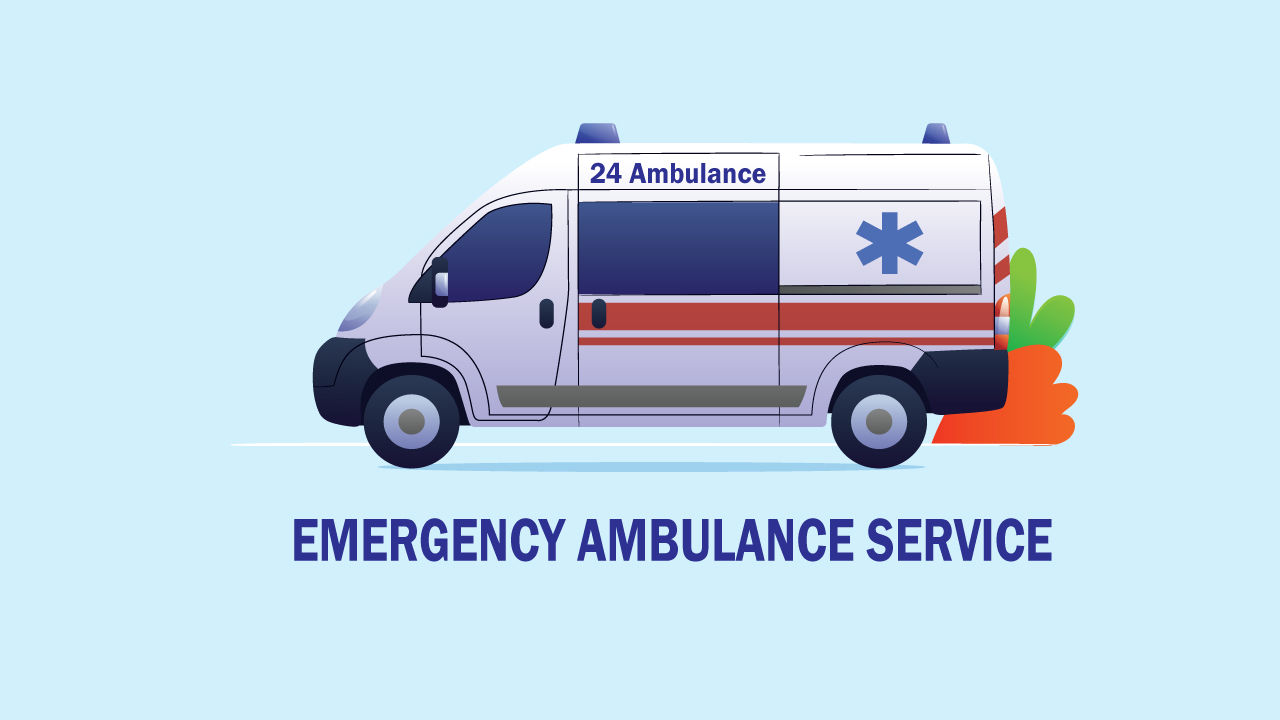
In times of medical emergencies, swift and reliable transportation to healthcare facilities can make a crucial difference in patient outcomes. Ambulance services serve as the frontline responders, providing critical care and timely transport to those in need. However, not all ambulance services are created equal.
In this comprehensive guide, we explore what sets apart the best ambulance service providers, their key features, and the importance of choosing the right service for your needs.
The Hallmarks of the Best Ambulance Service
Rapid Response Time
The hallmark of the best ambulance service is its ability to respond promptly to emergency calls. Every second counts in medical emergencies, and a swift response can significantly impact patient survival rates. The best ambulance services prioritize minimizing response times through efficient dispatch systems, strategically located stations, and well-equipped vehicles ready to mobilize at a moment’s notice.
24/7 Availability
Emergencies can occur at any time, day or night. The best ambulance services operate round the clock, seven days a week, ensuring that help is always available when needed. Whether it’s the middle of the night or during a holiday, patients can rely on these services for immediate assistance.
Advanced Medical Equipment and Expertise
Beyond transportation, the best ambulance services are equipped with state-of-the-art medical equipment and staffed by highly trained professionals. Paramedics and emergency medical technicians (EMTs) possess the skills and expertise to deliver advanced life support interventions, such as administering medications, managing airways, and performing cardiac monitoring. Ambulances are outfitted with essential equipment, including defibrillators, oxygen supplies, and trauma kits, to provide comprehensive care on the go.
Specialized Care
Different medical emergencies require different levels of care. The best ambulance services offer specialized care tailored to the needs of the patient. Whether it’s pediatric emergencies, obstetric complications, or critical care transports, these services have the expertise and resources to handle a wide range of medical scenarios.
Patient-Centered Approach
Compassion and empathy are integral to providing exceptional ambulance services. The best providers prioritize the well-being and comfort of the patient, treating them with dignity and respect throughout the transport process. From reassuring anxious patients to providing emotional support to families, compassionate care is a hallmark of the best ambulance services.
Efficient Communication and Coordination
Effective communication and coordination are essential for seamless ambulance operations. The best services utilize advanced communication systems to liaise with dispatch centers, hospitals, and other healthcare providers. Clear and concise communication ensures that pertinent information is relayed accurately, enabling timely decision-making and continuity of care.
Transparent Pricing and Billing
Transparent pricing and billing practices are key indicators of a reputable ambulance service. The best providers are upfront about their pricing structure, including base rates, mileage fees, and any additional charges for specialized services. Billing processes are transparent, with clear explanations of charges and options for payment.
Commitment to Safety and Quality Assurance
Safety is paramount in ambulance operations. The best services adhere to stringent safety protocols and quality assurance measures to ensure the well-being of both patients and staff. Regular vehicle maintenance, ongoing training programs, and compliance with regulatory standards are fundamental to maintaining safety and quality in ambulance services.
Choosing the Right Ambulance Service
When selecting an ambulance service, it’s essential to consider several factors to ensure you receive the best possible care:
Reputation and Reviews
Research the reputation of ambulance service providers in your area. Read reviews and testimonials from previous patients to gauge their satisfaction levels and overall experiences with the service.
Coverage Area
Confirm that the ambulance service covers your area of residence or the locations where you are most likely to require assistance. Accessibility is crucial in emergencies, so choose a provider with a broad service area and quick response times.
Credentials and Certification
Verify that the ambulance service is licensed, certified, and compliant with regulatory standards. Look for accreditations from reputable organizations and certifications for ambulance personnel, such as paramedics and EMTs.
Cost and Insurance Coverage
Understand the pricing structure of the ambulance service and inquire about insurance coverage and reimbursement options. Choose a provider that offers transparent pricing and accepts your insurance plan, if applicable, to minimize out-of-pocket expenses.
Availability of Specialized Services
Consider whether you may require specialized services, such as critical care transport or neonatal care. Choose an ambulance service that offers the specific level of care you may need based on your medical history and potential risk factors.
Conclusion
In times of medical emergencies, having access to the best ambulance service can make all the difference in ensuring prompt and effective care. By prioritizing rapid response times, advanced medical expertise, compassionate care, and transparent practices, the best ambulance services deliver exceptional support to patients when they need it most.
When selecting an ambulance service, consider the key features outlined in this guide to make an informed decision that prioritizes your safety and well-being.


